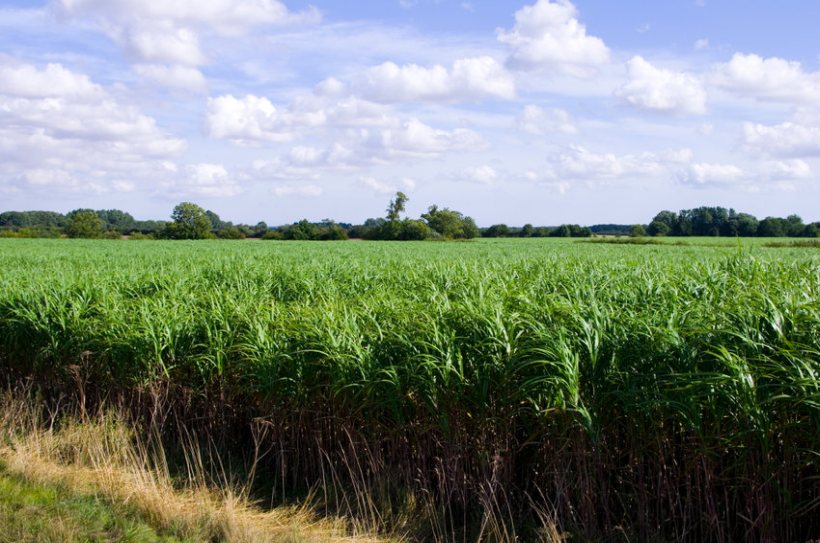
A £4m government fund will be issued to 24 projects seeking to increase UK production of biomass that can be used as sources of green energy.
The projects include growing algae from whisky manufacturing, increasing yields of grass varieties and accelerating the breeding of willow trees.
Biomass is used for low-carbon renewable energy generation and is a key component in UK’s commitment to tackle climate change.
Biomass refers to sustainably derived plant material that could be used as fuel to produce energy or to create products such as chemicals and bio-plastics.
It is a small but important part of the renewable energy mix that the UK requires to meet its commitment to eradicate its contribution to climate change by 2050.
Biomass materials include non-food energy crops such as grasses and hemp, material from forestry operations and marine-based materials such as algae and seaweed.
The 24 projects, from start-ups and family-run firms to research institutes and universities, will receive funding of up to £200,000 from the Biomass Feedstocks Innovation Programme.
The projects will boost biomass productivity in the UK, through breeding, planting, cultivating and harvesting of organic energy materials.
Energy Minister Lord Callanan said: "Working to develop new and greener types of fuel like biomass is an important part of building a the diverse and green energy mix that we will need to achieve our climate change targets.
"We are backing UK innovators to ensure we have a homegrown supply of biomass materials, which is part of our wider plans to continue driving down carbon emissions as we build back greener."
Funding recipients include Rickerby Estates Ltd in Carlisle, which has received over £150,000 to look at scaling-up the harvesting of willow crops.
The farming business will use new cutting-edge technology such as automated processing machinery that is controlled by GPS satellite guidance systems.
Green Fuels Research Ltd in Gloucestershire has received over £190,000 for a project that will allow microscopic algae to be produced for biomass using wastewater from the dairy industry.
And SeaGrown Ltd in Scarborough will use £180,000 to develop new techniques to farm seaweed off the North Yorkshire coast, taking advantage of seaweed’s qualities as a source of biomass.
